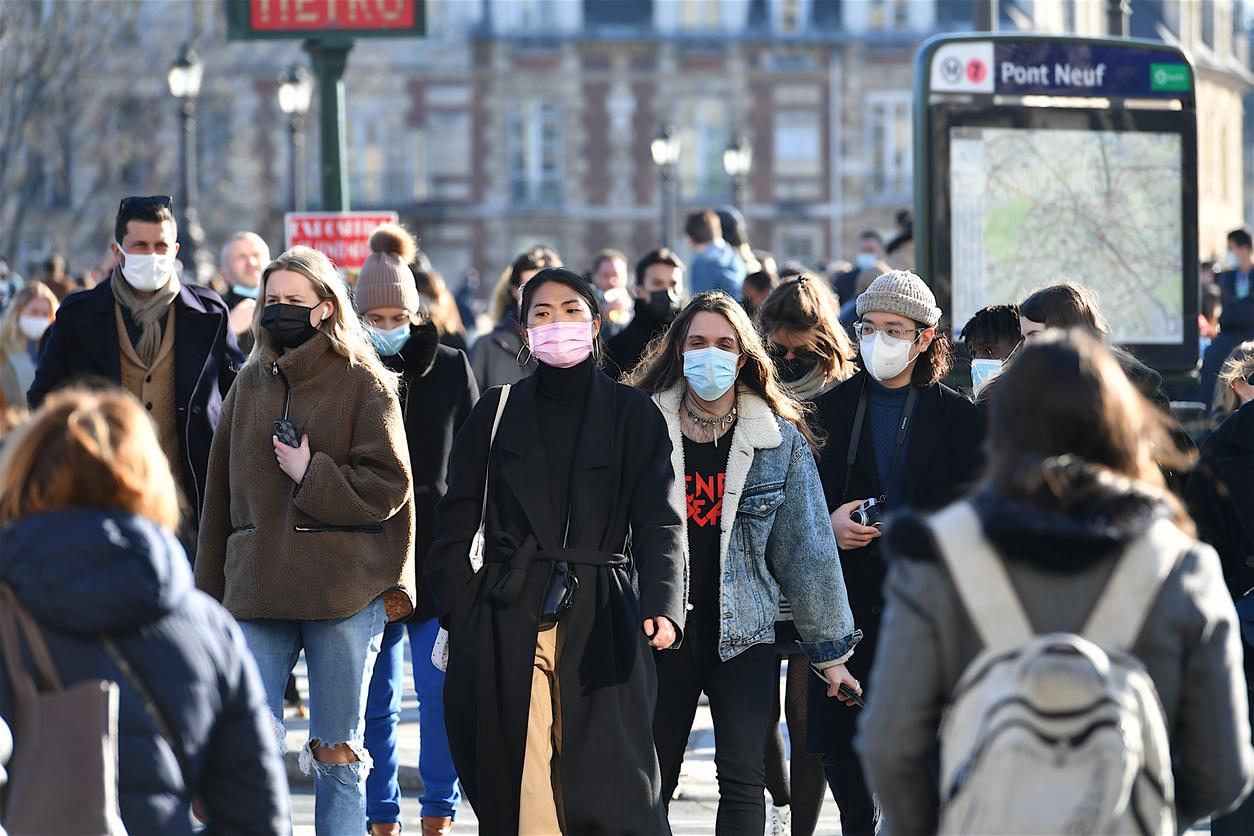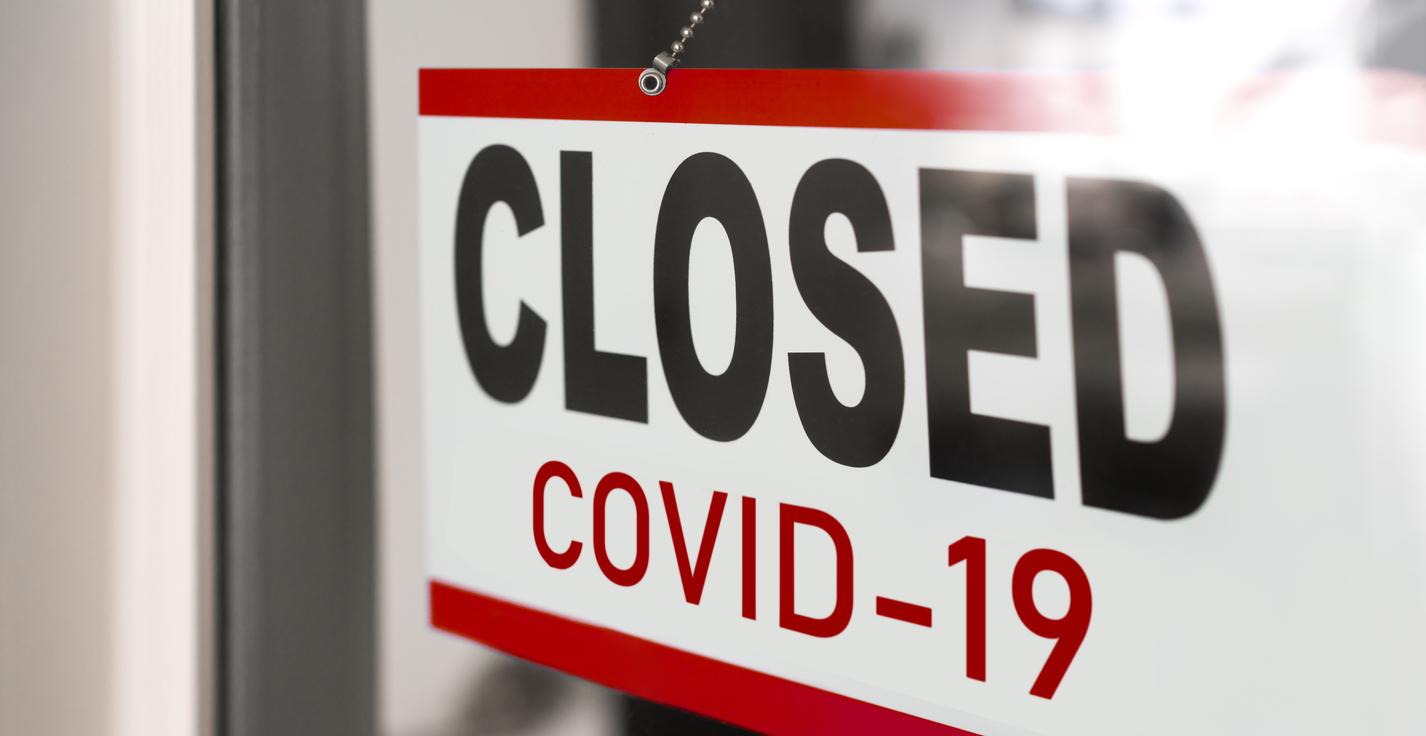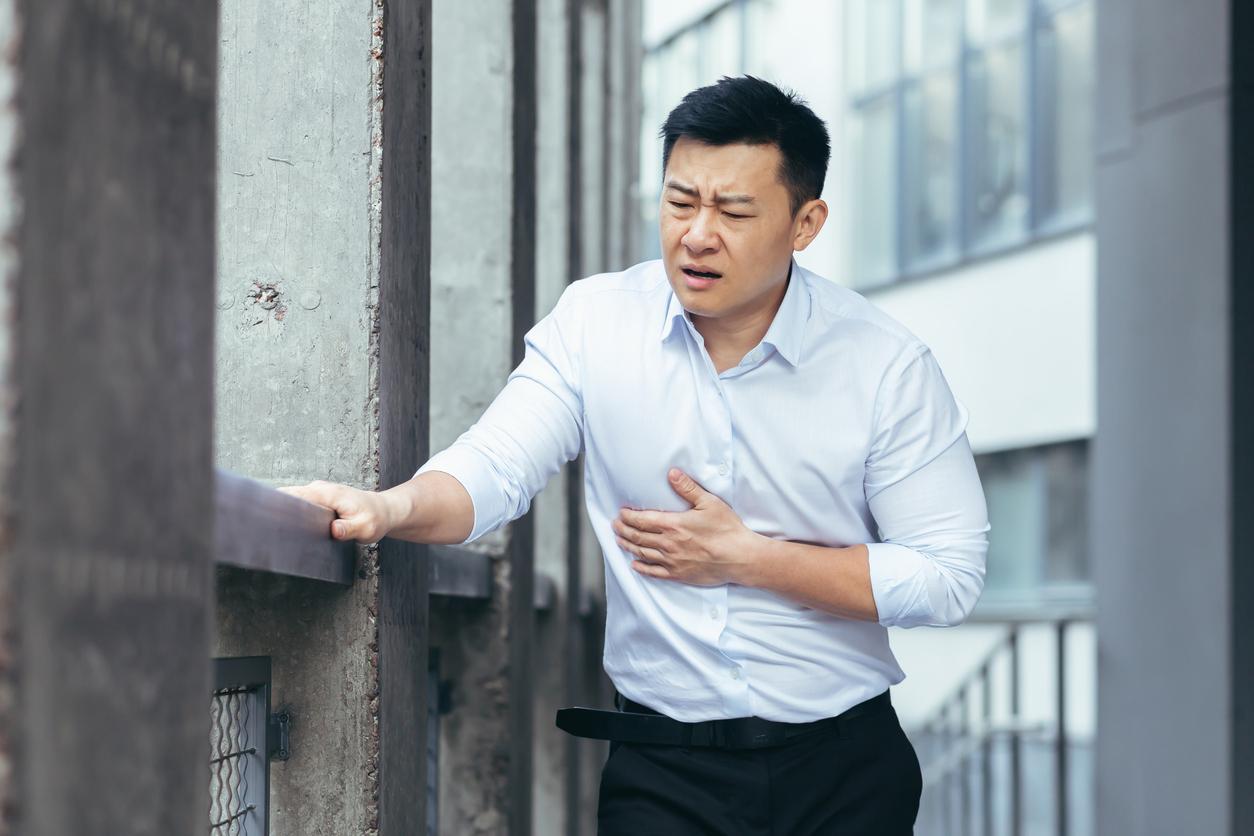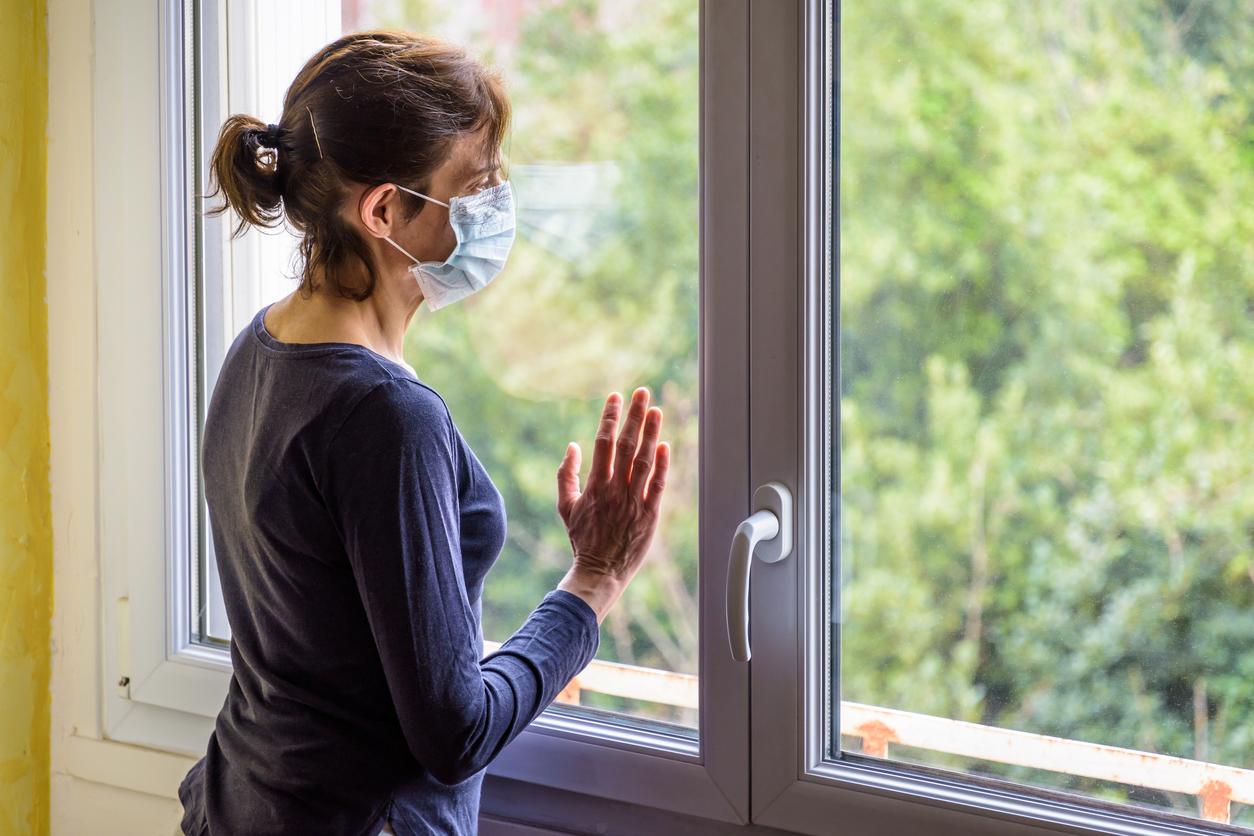Due to the health crisis, more and more health establishments are offering remote therapeutic education to their patients. In Ile-de-France, Caroline Vanhaelewyn, coordinator of therapeutic education at Saint-Anne hospital, and her colleagues have launched an offer of this kind for people with mental disorders. In particular in order to anticipate a possible second wave and a possible reconfinement, she confides to Why doctor.

- Therapeutic education allows patients with a chronic disease to learn more about their pathology and everything that surrounds it.
- Because of the health crisis, more and more health establishments are starting to offer it remotely to their patients.
- In Ile-de-France, Caroline Vanhaelewyn and her colleagues have launched an offer specially dedicated to patients with psychiatric disorders.
In France, 20 million people suffer from chronic diseases, i.e. one third of the population. Within their therapeutic course, patients are offered therapeutic education (ETP). The latter is officially defined as “a process of strengthening the capacities of the patient and/or his entourage to take charge of the affection which affects him, on the basis of actions integrated into the care plan. It aims to make the patient more autonomous by acquiring knowledge and skills so that he becomes the actor of his behavior change, on the occasion of major events in the care (initiation of treatment, modification treatment, intercurrent events, etc.), but also more generally throughout the care plan, with the aim of having an acceptable quality of life.”
“We have a program validated by the Regional Health Agency (ARS) that we offer to the patient who will then choose what interests him the most. For example, he can ask us to know more about the side effects of his medication”explains Caroline Vanhaelewyn, coordinator of therapeutic education at Pole 15 of the Saint-Anne hospital (Paris), at Why doctor.
Due to the Covid epidemic, remote therapeutic education is gradually becoming widespread and several regions that did not offer this offer before confinement are beginning to organize themselves to make arrangements in this direction. In Brittany, since April 16, the ARS has been offering “the realization of their ETP programs remotely (telephone or videoconference)”. “For this, the ARS has established a framework allowing each holder of ETP programs and actions to be guided in this approach to distance ETP. A feedback is proposed by this summer in order to highlight the regional initiatives and to include them in a broader reflection on the modalities of distance TPE sessions”it is specified on the site SupportHealthRennes.
A system that could endure
In the Grand Est, particularly affected by the Covid epidemic, the general directorate of health forwarded “to all health establishments a note recalling the need to ensure the care and follow-up of patients not suffering from Covid 19.
In Ile-de-France, Caroline Vanhaelewyn had the idea of offering her services remotely to more easily monitor patients with mental disorders such as schizophrenia or bipolarity. And even if the situation is gradually improving in France, this new offer, put in place shortly after the deconfinement, is intended to last in the long term, she assures us.
“At the start of confinement, I was telecommuted. It was complicated for me. Then I was called back to work as backup at Saint-Anne Hospital. It’s not part of my usual duties so I was a little apprehensive but, in fact, it wasn’t unpleasant at all. I was able to meet new teams and patients. Once, one of them asked me how it was outside, that made me put things into perspective: the situation was certainly terrible for everyone, but the psychiatric patients suffered from a double confinement. I was also able to discuss therapeutic education with many patients who had never heard of it”remembers the former nurse.
“This experience also allowed me to get closer to a health mediator colleague with whom we had the idea of working on the development of distance therapeutic education. My senior health manager, Carole Martin, helped us a lot. We are starting to implement this offer now”she continues.
Anticipation of a possible second wave
If we are now deconfined, things remain complicated, whether in terms of transport, or barrier measures. “We are going to deploy this care offer for patients who find it difficult to come, outside the hospital, to their place of care because transport can be stressful with a mask”, especially for patients who suffer from paranoid delusions and persecution. What is more, details Caroline Vanhaelewyn: “On the extra-hospital structures, the groups are restricted. We went from 25 to 10 patients in groups with, still, rules of social distancing. To go outside, which is the goal of rehabilitation, of integration, it’s still complicated. We don’t go out like that.”
In addition, caregivers being afraid of a second wave and a new confinement, they wanted to anticipate the future with this new offer. “It’s also something we could have on hand if we have a possible second wave, we all kind of have that in mind.says Caroline Vanhaelewyn. This will be an à la carte care offer, established on a long-term basis. Patients will be able to choose whether they want to switch remotely or continue face-to-face”continues the specialist, clearly passionate about her profession.
“Thirty years ago, health professionals tended to spread their science and did not listen too much to what the patient already knew and the information he really needed. Today, we are moving away from our place as caregivers. We start from the knowledge and achievements of the patient and we base ourselves on what he already knows and wants to learn”she enthuses, full of hope for the future of ETP.


.

















